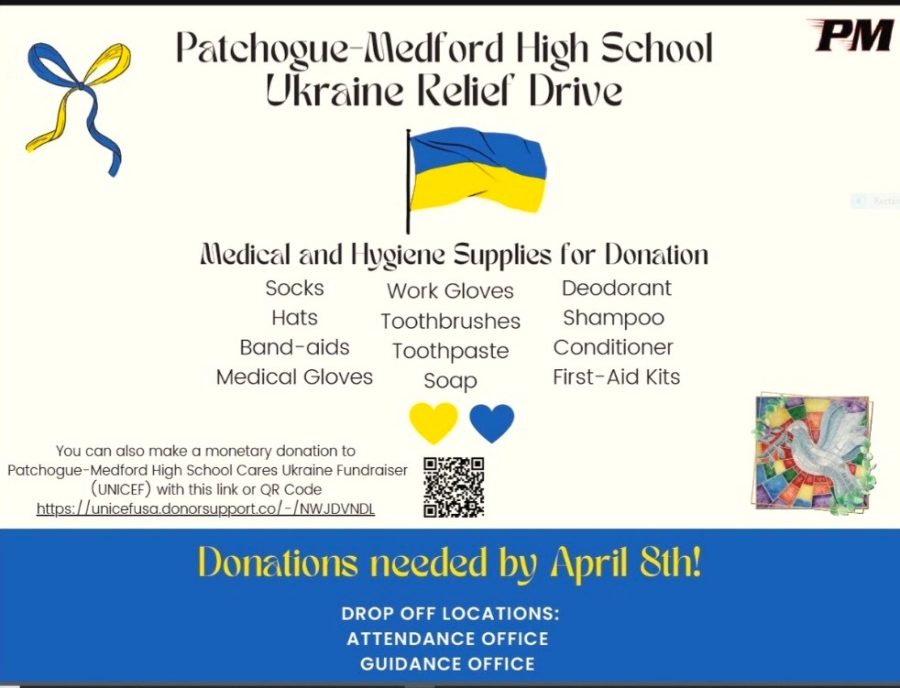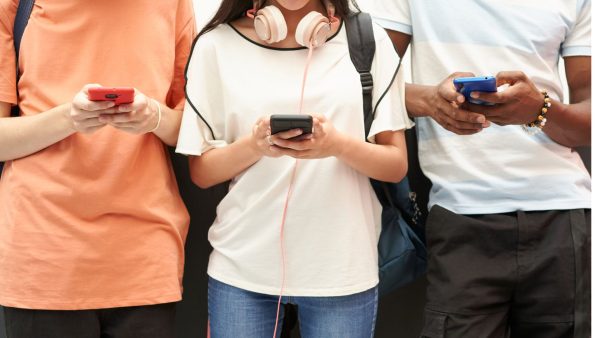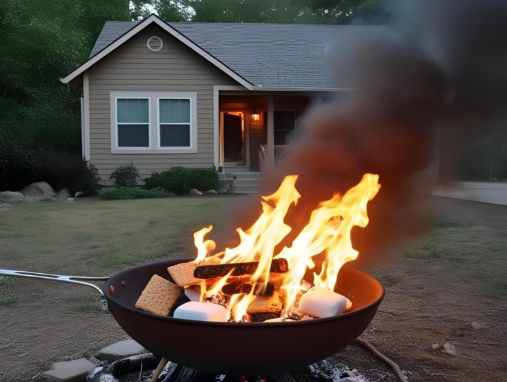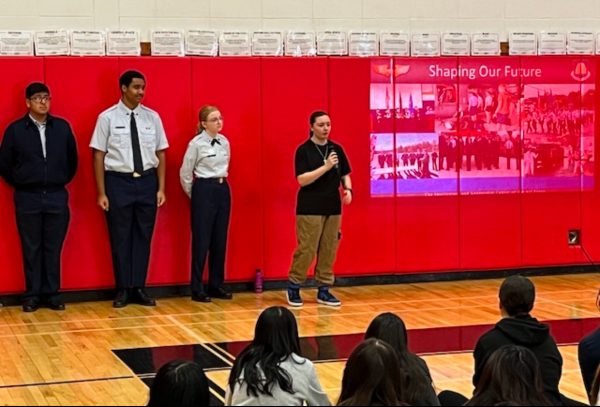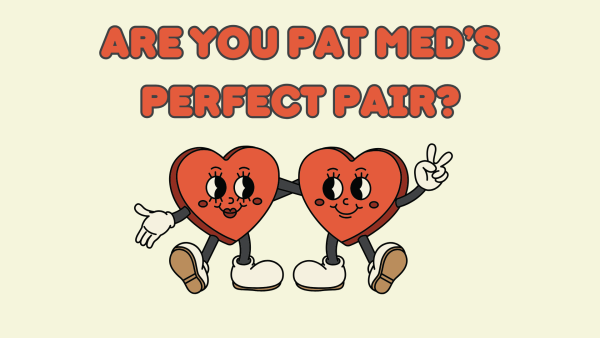What Should Students Know About the Russian Invasion into Ukraine?
Photo by Screenshot by Sarah Terletsky
A Ukrain relief drive is being conducted at PMHS. This flyer provides all the information students and teachers need to contribute.
You have likely already heard that Russia has invaded Ukraine, but why is this happening? What is the history behind this conflict and how are we living history now? How can we learn more and what can we do to help?
According to the Brown University Department of History, the tension between Ukraine and Russia can be traced back to the dissolvement of the Soviet Union. As the Soviet Union degraded, the former Soviet republics began to cut economic ties and declare independence, such as Ukraine which became independent in 1991. These separations caused Russia to feel threatened due to the loss of “key military installations located in other former Soviet states.”
On top of these previously developed tensions between Russia and Ukraine, the discussion of Ukraine joining the North Atlantic Treaty Organization (NATO), which “was created by the United States and its Western European allies in 1949 to block Soviet aggression in Europe,” to ensure its stability and safety in 2008 was seen as a “serious and unacceptable threat to its security.”
Additionally, Mr. Cotignola, a history teacher at the high school suggested that Russian President Vladimir Putin may have other motives besides high tensions such as “the extension of his control to rebuild the Soviet Union and access to resources in Ukraine”. Eventually, beginning in November 2021, “Russia began a buildup of its military forces along the borders of Ukraine,” which continued into 2022 until the invasion.
However, before Russia initiated the invasion, several nations had made diplomatic efforts to convince Russia to abandon the idea of invading Ukraine. Some countries even threatened to enforce policies that would severely damage Russia’s economy, such as sanctions which were threatened by the United States, and the cancelation of a “major gas pipeline project with Russia,” which was threatened by Germany. Due to Putin’s decision to invade Ukraine despite persuasive discussion, the United States, Germany, and other countries have carried out their previous warnings.
While this summarizes more recent events, Mr. Cotignola recommends that “students should also try to learn more about Russia’s history as the Soviet Union, the history of NATO, as well as the history of satellite countries,” meaning countries that were once independent but were enveloped into Russia’s heavy influence, “to fully understand why this is happening.”
While these events are all in the past, we are still living history now. So, what do we need to keep in mind to stay levelheaded in unpredictable times? Although many are worried about the possible intensification of conflicts between countries and how America may become involved, Ms. Barresi, another history teacher at the high school, explained that it’s important to remember that “Putin is not necessarily winning at this point,” and that “he has damaged his leadership considerably.” She further explained that “the invasion has led NATO to step up, unify and communicate in even greater ways than they have in the past.” The combined efforts of various nations have helped to support Ukraine and negatively impact Russia’s economy.
If you are looking to further expand your knowledge, where should you go for reliable information? While social media may be helpful to attract people’s attention to updates on recent developments, Ms. Barresi says it “would not be the best source for the day to day,” and that “reputable news organizations, non-profit organizations, and teachers” would be the better option. Mr. Cotignola also recommends “to keep an open mind and try to explore many sources to avoid a biased viewpoint.” (There are several sources linked below that may be useful.)
If you are interested in supporting Ukraine, Ms. Barresi recommends only donating to “reputable organizations like UNICEF or International Red Cross,” to avoid scams or ineffective fundraisers that may not reach Ukraine. The safest fundraisers would be ones organized by the high school, such as the ribbons being sold by Mrs. Sacco in room 105 and the Ukraine Relief Drive which will be taking donations in the Attendance or Guidance Office until April 8th.
If you would like to learn more, these sources may be helpful:
- About the halt of the pipeline operation between Germany and Russia: https://crsreports.congress.gov/product/pdf/IF/IF11138
- About the history of Russia, Ukraine, and related countries: https://www.choices.edu/teaching-news-lesson/the-ukraine-crisis/
- About the history of Russia, Ukraine, and how conflict started: https://www.choices.edu/wp-content/uploads/2022/02/Background-2.pdf
- AllSides is a news website that attempts to give unbiased forms of information: https://www.allsides.com/unbiased-balanced-news
Thank you to Mr. Cotignola and Ms. Barresi for all the help!
| Sources used for this article:
– https://crsreports.congress.gov/product/pdf/IF/IF11138 – https://www.choices.edu/wp-content/uploads/2022/02/Background-2.pdf – Interviews with Mr. Cotignola and Ms. Barresi, both history teachers at Pat-Med High School |

